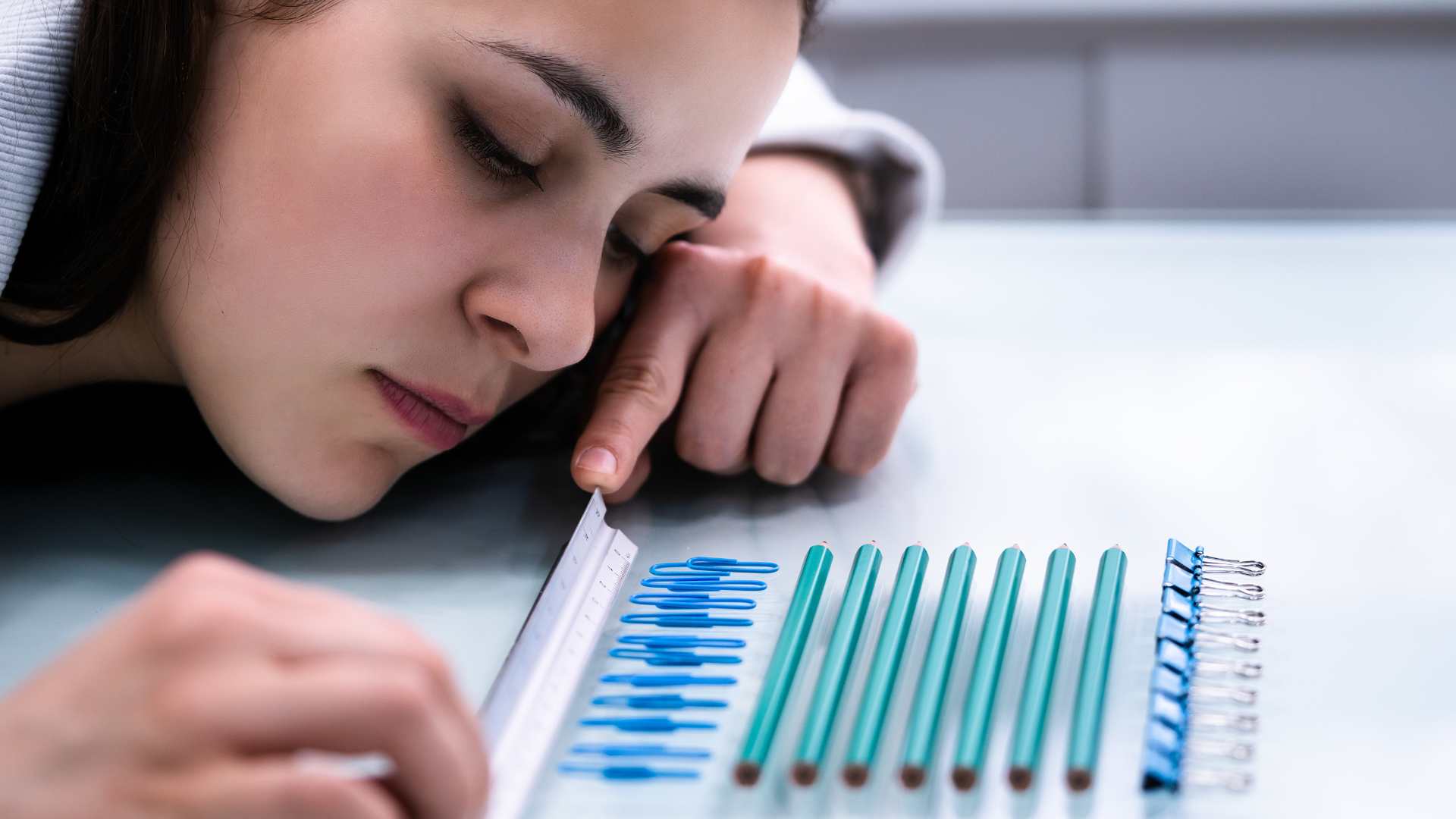Understanding OCD: A Deeper Look Into Obsessive Compulsive Disorder
Understanding OCD: A Deeper Look Into Obsessive Compulsive Disorder

Obsessive-Compulsive Disorder (OCD) is a mental health condition that affects millions of people worldwide. It's characterized by intrusive, repetitive thoughts and compulsive behaviors that can be hard to control. In this article, we'll be taking a deeper look into OCD, exploring its symptoms and causes, as well as how it can be treated.
The most common symptoms of OCD include having intrusive thoughts or fears that lead to compulsive behaviors. These obsessions and compulsions often manifest themselves in a wide range of activities, from mundane tasks like cleaning, checking, and organizing to more serious issues such as anxiety and depression.
People with OCD often feel as if they are unable to control their thoughts or behaviors. They may try to ignore or suppress the thoughts or behavior that arise, but they will often return no matter how hard they try to push them away. This can lead to feelings of shame and guilt associated with the disorder.
OCD is a complex condition that can be caused by genetic factors, environmental influences, trauma, and even life events. It's important for those affected by OCD to understand their diagnosis so that they can develop an effective treatment plan with their doctor.
With proper treatment, OCD can be managed successfully. Common treatments for OCD include cognitive-behavioral therapy (CBT), exposure therapy, medications, relaxation techniques, and lifestyle changes such as exercise and nutrition. With these interventions combined with self-care strategies like mindfulness meditation and journaling, people with OCD can begin to manage their symptoms in order to live a healthier life.
Types of Obsessive Compulsive Disorder
There are many different types of OCD, and it is important to understand that not all people with OCD experience the same symptoms. However, there are some common themes among the different types of OCD.
One common type of OCD is known as contamination OCD. People with this type of OCD are obsessed with germs and dirt, and they may go to great lengths to avoid contact with anything that could potentially be contaminated. They may compulsively wash their hands or clean their homes obsessively in an effort to avoid exposure to germs.
Another common type of OCD is known as symmetry OCD. People with this type of OCD are obsessed with order and symmetry, and they may spend hours arranging objects in a precise manner or cleaning up messes obsessively.
Other types of OCD include hoarding disorder, which is characterized by an obsession with collecting objects; body dysmorphic disorder, which is characterized by an obsession with one’s appearance; and scrupulosity, which is characterized by an obsession with morality and ethics.
Signs and Symptoms
There are a number of signs and symptoms that may indicate that someone is struggling with OCD. These can vary from person to person, and may change or develop over time. However, some common signs and symptoms include:
• Recurrent, intrusive, and unwanted thoughts or images (obsessions) that cause distress or anxiety
• Attempts to suppress or neutralize these thoughts or images through compulsions (repetitive behaviors or mental acts)
• Avoidance of situations or objects that trigger obsessions or provoke anxiety
• Significant impairment in daily functioning due to the time consumed by obsessions and compulsions
If you or someone you know is experiencing these symptoms, it is important to seek professional help. OCD can be a very debilitating condition, but there are effective treatments available.
Treatments
There are a number of different treatments available for OCD, and the most effective approach will vary from person to person. In general, the goal of treatment is to help the individual manage their obsessions and compulsions in a way that doesn’t interfere with their daily life.
One common treatment approach is cognitive behavioral therapy (CBT). This type of therapy helps people to identify and change negative thinking patterns and behaviors that contribute to OCD. CBT can be conducted individually or in a group setting, and often includes exposure and response prevention (ERP) – a technique in which people are exposed to their fears in a controlled setting and then learn how to resist performing their compulsions.
Other treatment options include medications such as antidepressants, which can help to reduce the severity of OCD symptoms. Some people may also find relief with complementary therapies such as acupuncture or massage. It’s important to work with a mental health professional to figure out what treatment approach is best for you.
Medication Types
There are many different types of medication that can be used to treat OCD. The most common type of medication is antidepressants. Antidepressants are typically used to treat other mental disorders as well, so they are not always the most effective type of medication for treating OCD specifically.
Other types of medication that may be used to treat OCD include anti-anxiety medications, antipsychotics, and mood stabilizers. These medications can be more effective in treating OCD since they are specifically designed to target anxiety and other mental disorders. However, they can also have more side effects than antidepressants.
It is important to talk to a doctor or mental health professional before starting any type of medication for OCD. They will be able to help determine which type of medication is right for you based on your symptoms and health history.
Types of Therapy
There are many types of therapy that can help people with OCD. The most common type of therapy is cognitive behavioral therapy (CBT). CBT helps people with OCD to change the way they think about their obsessions and compulsions. It also teaches people how to better manage their anxiety. Other types of therapy that may be helpful for people with OCD include exposure and response prevention (ERP) therapy, medication, and psychodynamic therapy.
Final Thoughts
As we've seen, OCD is a serious and potentially debilitating mental disorder that can cause great distress and interfere with daily life. If you or someone you know is struggling with OCD, it's important to seek professional help. With proper treatment, most people with OCD can learn to manage their symptoms and live fulfilling lives.











